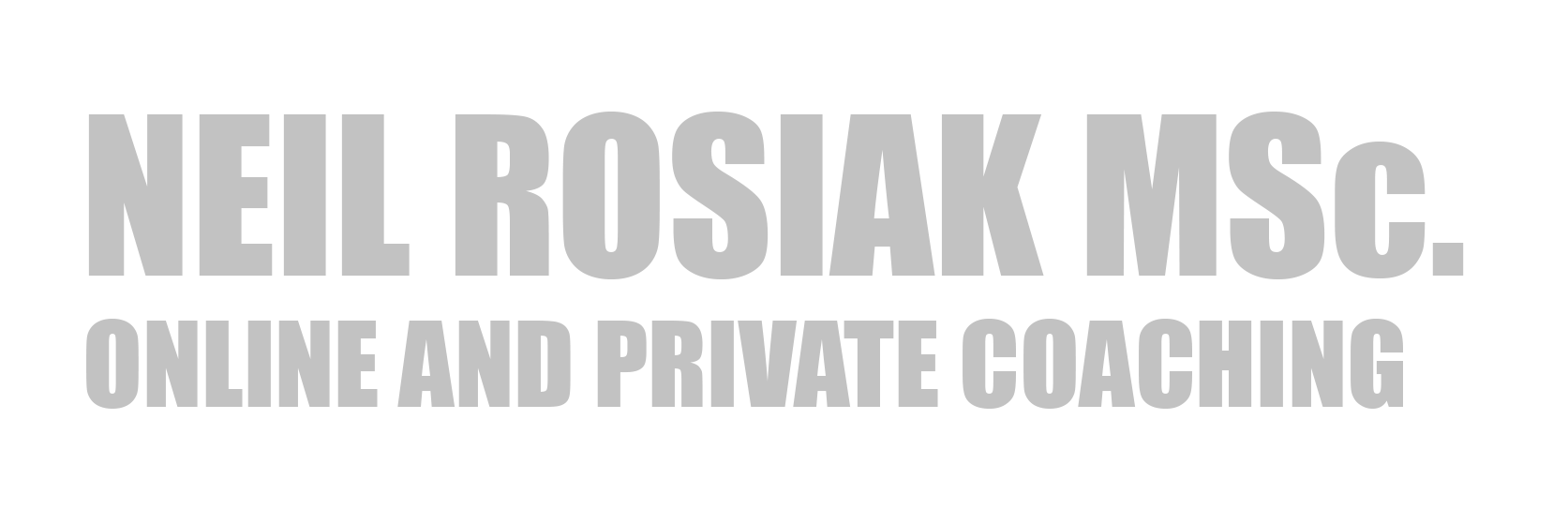I have been practicing Taijiquan (Tai Chi Chuan) from the age of 13, learning from Sifu Dan Docherty. The system of Taijiquan I teach is known as the Wudang style.
I was initially attracted to this system after reading an article entitled ‘Tai Chi gladiator’ in Fighting Arts International magazine. At the time I had been training for a couple of years in Preying Mantis Kung fu, but had always been curious about Tai Chi because my father had practiced the slower aspects whilst I was growing up.
The Tai Chi gladiator article was an interview with Dan Docherty, who had been trained in fighting Tai Chi, whilst serving as a police officer in hong Kong. His teacher had been the famed Tai Chi fighter, Cheng Tin Hung, known for his successes in ‘duels on the street and for defeating famed fighters in competition. The article described a very profound, yet common sense approach to training Tai Chi that would cover both the Yin and Yang elements of the art. Cheng Tin Hung seemed to be concerned that the art be trained in an authentic way, so that the practitioner reaped tremendous benefits in not only their health and wellbeing, but also their ability to defend themselves should they need to. It is after all a martial art, and so it should prepare the student properly for martial encounters.
After meeting Dan and watching him and his class it became obvious that his championship status was well earned. He was indeed the real deal, who had learned his Tai Chi Chuan the hard way under a tough traditional Master, and fought to earn his martial experience in the rough full contact fighting circuit of south east Asia, where champions of each style competed against each other.
Dan was not only an excellent fighter, he was also a tremendous technician and theorist who strongly emphasised the use of the profound knowledge and wisdom from the Tai Chi classics. Dan understood that Tai chi has tremendous advantages as a wholistic practice, when approached in a balanced way, utilising yin and yang methods.
After establishing a good base in the art over several years I began competing. I’d already competed in some competitions with the Mantis club, but for a while focussed on Tai Chi pushing hands events. I won several of the national and european events, including the European Championships, and also competed in Taiwan. After this I competed in the formative submission wrestling scene in the UK, using Tai Chi against other wrestling based systems. As a result of these matches I was offered to fight professionally for the UK heavyweight championship at the first professional MMA event to be held in this country.
Since then I’ve been teaching full time and have concentrated on training private clients and giving classes, as well as helping the younger and more vigourous Tai Chi practitioners who want to test themselves in competition. From my clubs I’ve had many students win all kinds of national and international championships. Competition however, is definitely not the focus of the school, merely something those who are interested in can pursue.
Over the years we have been training in a few different locations and are currently practicing in a lovely studio in Camden Town. It’s not overly big, but it has everything we could need to get the best practices possible. I combine teaching two main classes per week, along with private tuition for those who want it.
What I’m most interested in is offering traditional Tai Chi training, using the methods, ideas and philosophies that have been handed down with this lineage. Using a traditional, balanced and whole approach to training, different types of people can gain a very wide array of benefits. The syllabus is so vast that it would take several lifetimes to truly master everything. However, as an art it provides the practitioner with an unsurpassed array of tools, profound ideas and wisdom to improve the human experience immensely.
Where the Wudang system differs from other Tai Chi systems is that it really is a completely integrated system, which complies absolutely with fundamental Tai Chi principles and concepts. It has been handed down from accomplished master to accomplished master in an unbroken lineage to the most illustrious founders of Tai Chi. This differs from many contemporary Tai chi approaches, including the ‘wushu’ focussed methods, which in most cases merely skim the surface or teach misleading practices.



